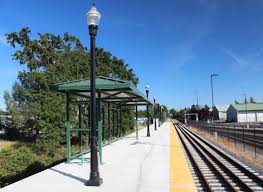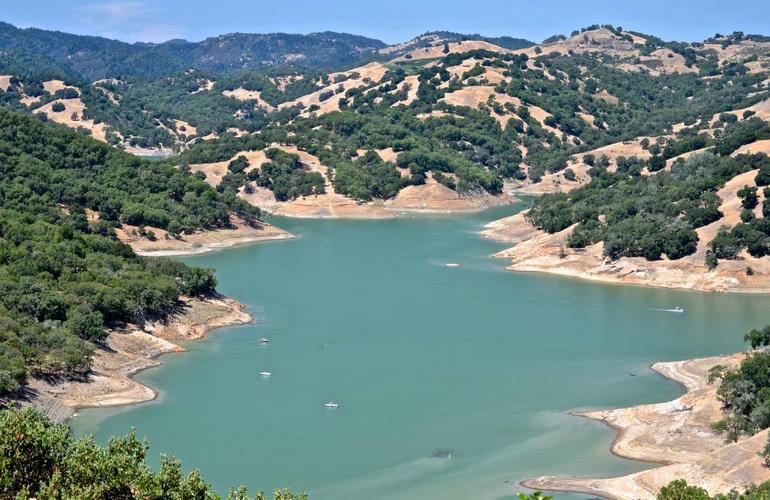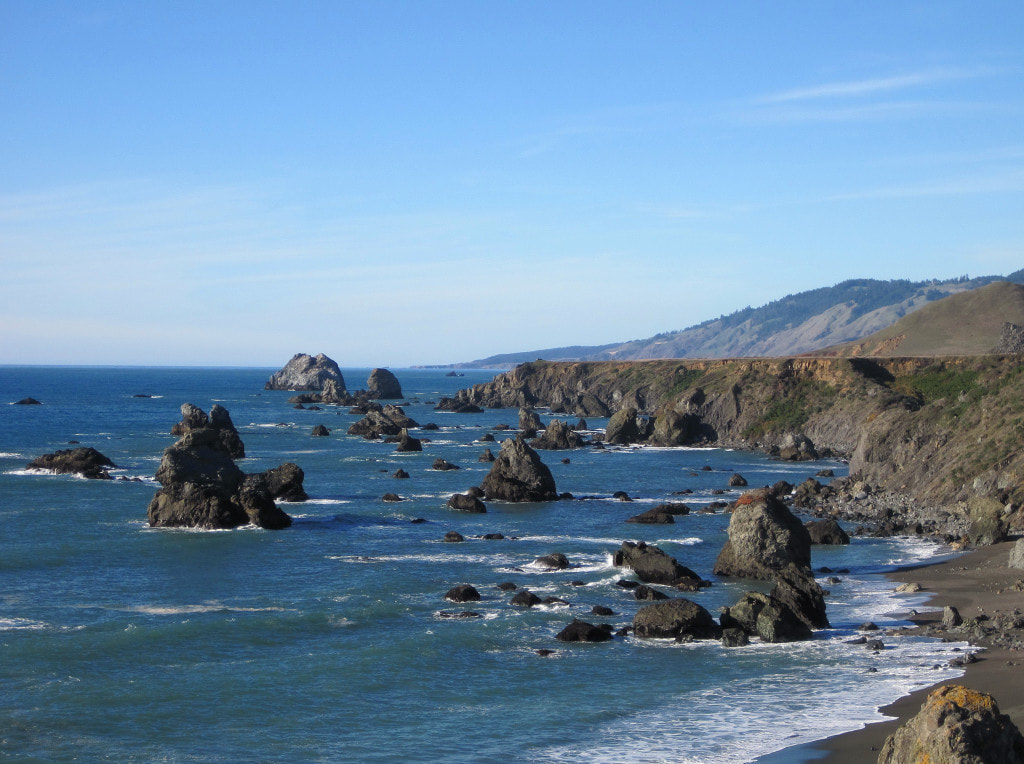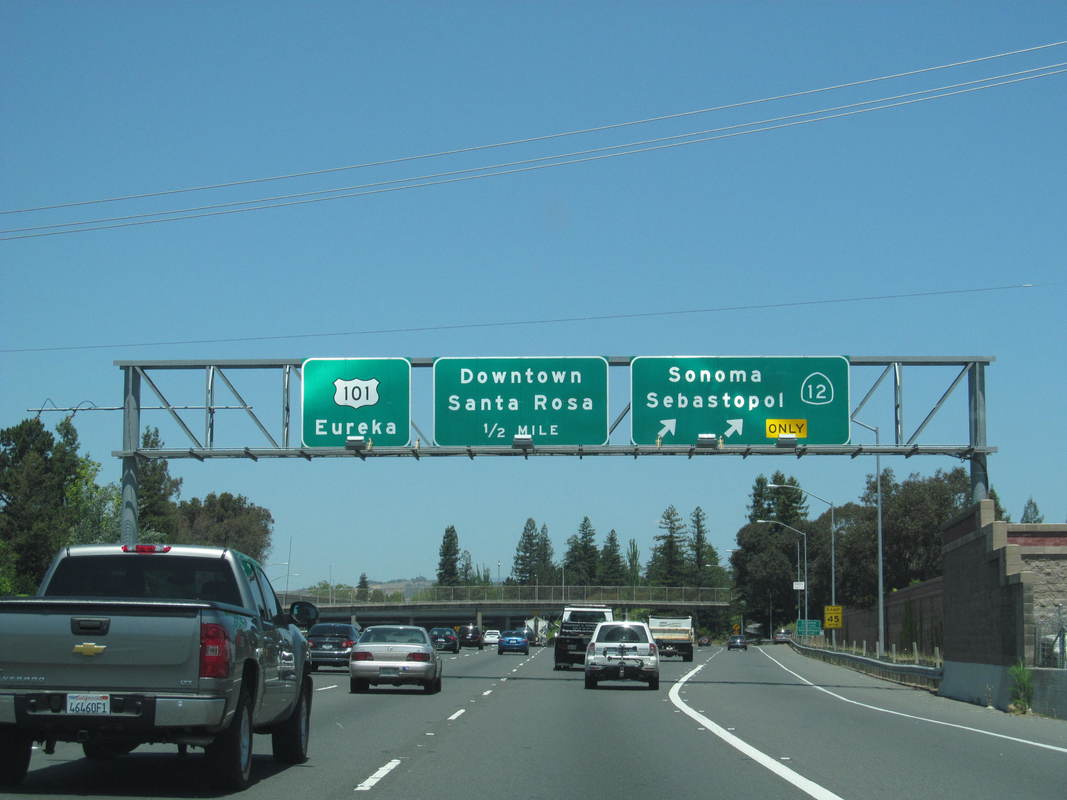|
The California legislature continues its pursuit towards safer roads and its never-ending battle against driving under the influence. Ride-sharing companies such as Uber and Lyft once seen as a tool to combat drunk driving, have lessened the frequency of such criminality, but the cost of a ride can still serve as a disincentive for drinkers to request a ride-share.
Prior to the passage of AB 711 this year, alcohol manufacturers were limited to whom they could offer discounted rides(event invite-only guests). However, California sought to change this. AB 711 seems like a win-win proposition that benefits both the manufacturers and the public. Manufacturers can use these rides as marketing tools while the drinking public benefits from free rides and the general public can rest assured that there are potentially less drunk drivers on the road. Manufacturers can now offer discounted–or even free–rides, which many of us would prefer over the typical fare the manufacturers usually try to bribe us with: koozie or bottle openers. From the potential rider’s consumer point, perhaps the best part about AB 711 is that these free or discounted rides cannot be conditioned on the purchase of the manufacturer’s goods. Surprisingly, it took six yearsafter the introduction of companies like Uber and Lyft to the general public for this law to be implemented, allowing California to join the vast majority of states in which this type of “advertising under guise of drunk driving prevention” is legal. So why did it take CA so long to implement AB 711? After all, AB 711 on its face seems like a great idea, eliminating those high costs of the ride that can sometimes discourage a person from requesting a Lyft or Uber, andallowing businesses to advertise through the offering of discounted or complimentary rides. Perhaps the delay in enacting such a law was the result of the many critics who opposes bills such as this one. One critic, Reverend James Butler. the executive director of the California Council on Alcohol Problems, was public in his criticism, positing that “[i]f they get free transportation, maybe instead of two beers they have six.” Further, it’s feared by critics that free transportation incentivizes people to drink morethan they would normally drink. Alcohol Justice, a San Rafael-based nonprofit, opposed the bill as they believe it would promote the “overconsumption of alcohol” and “[i]f AB 711 is passed and signed into law it will negatively impact public health and safety and increase the potential of alcohol-related problems,” such as potentially increasing the occurrence of other offenses that typically involve alcohol such as fights, being drunk in public, incidents of domestic violence, or resisting arrest. So next time you are out in the town, check to see if the establishment you are in offers the services AB 711 seeks to provide, but if they don’t, make sure to request a ride from a sober driver, or one of the various ride services out there such as Uber, Lyft, or taxis. Remember that although that $20 ride may seem expensive at the time, it is nothing compared to the cost of litigating a DUI charge. Comments are closed.
|
AuthorDevina strives to make information relevant to the lives of her clients easily accessible. Archives
July 2024
Categories
All
|
Proudly serving Sonoma, Marin, Napa, Mendocino and Lake Counties (and occasionally venturing as far as Yolo, Santa Clara and San Mateo Counties).
Proudly powered by Weebly
This website is for informational purposes only and does not provide legal advice. Do not act or refrain from acting based on anything you read on this site. Using this site or communicating with the Law Office of Devina Douglas through this site does not form an attorney/client relationship. This site is legal advertising. Please review the full disclaimer for more information. (LINK TO FULL DISCLAIMER PAGE)

 RSS Feed
RSS Feed




